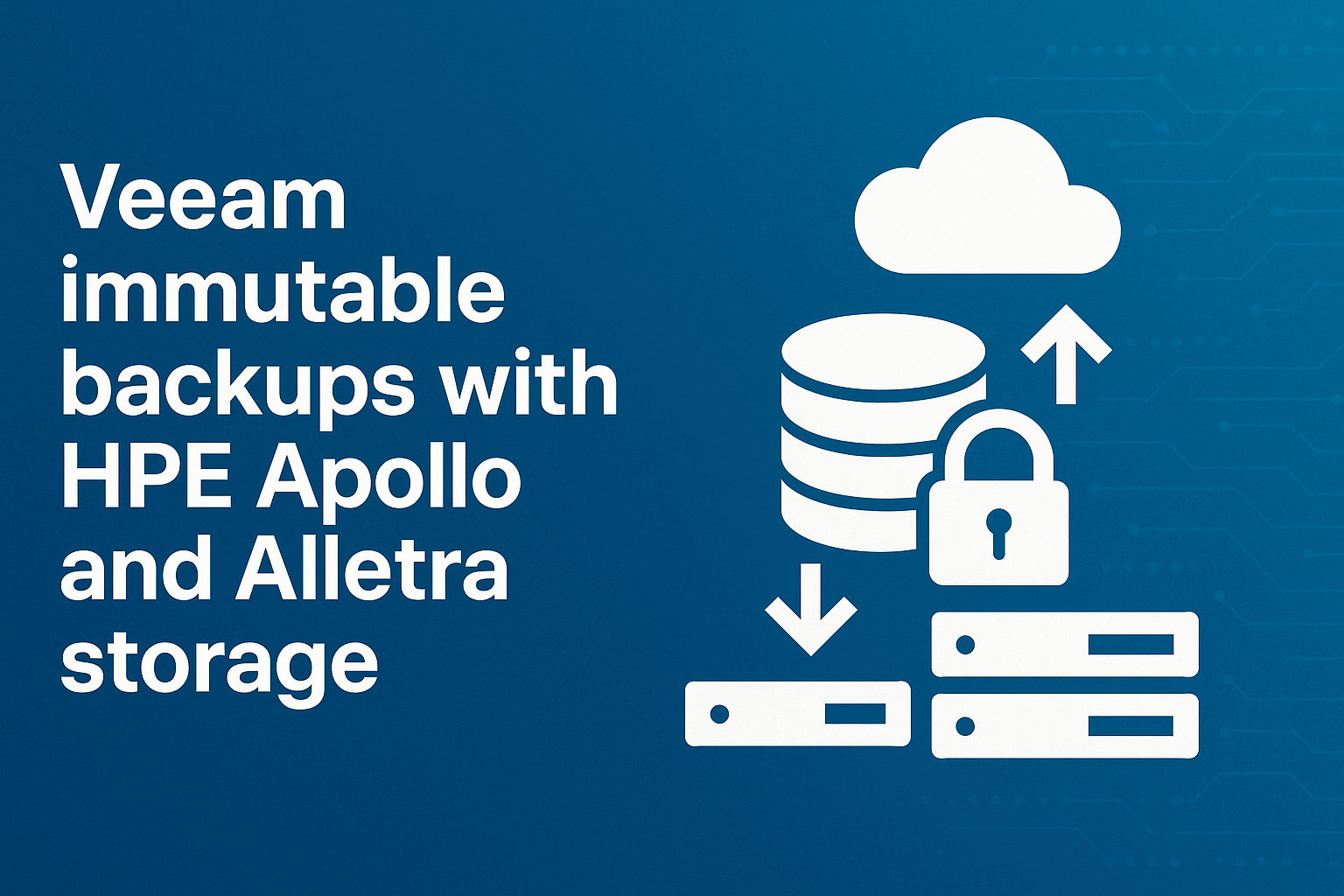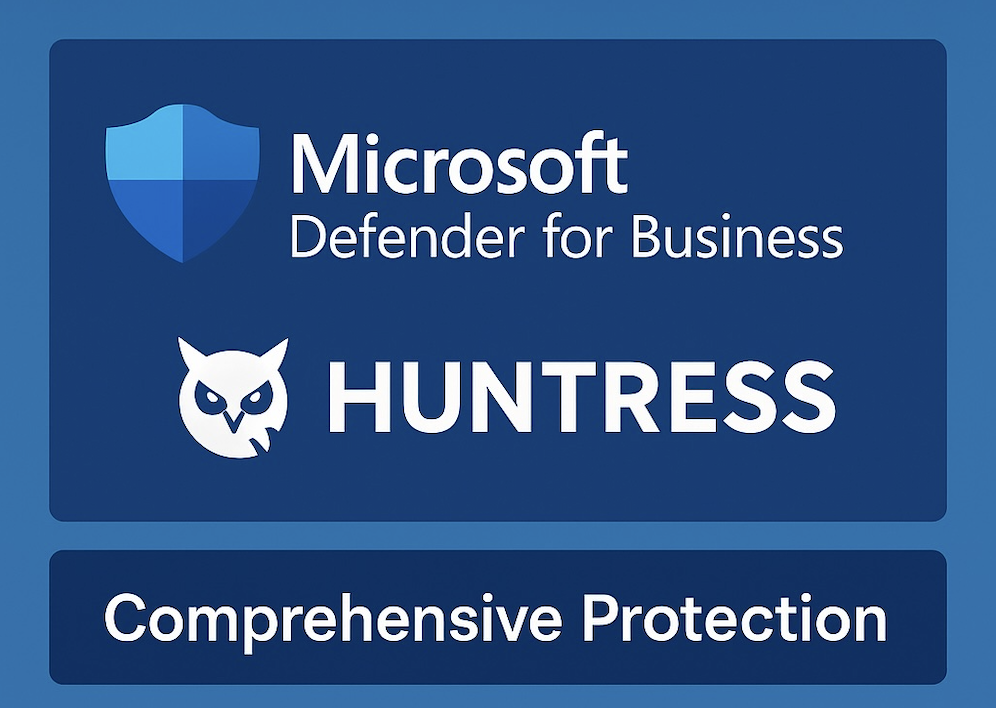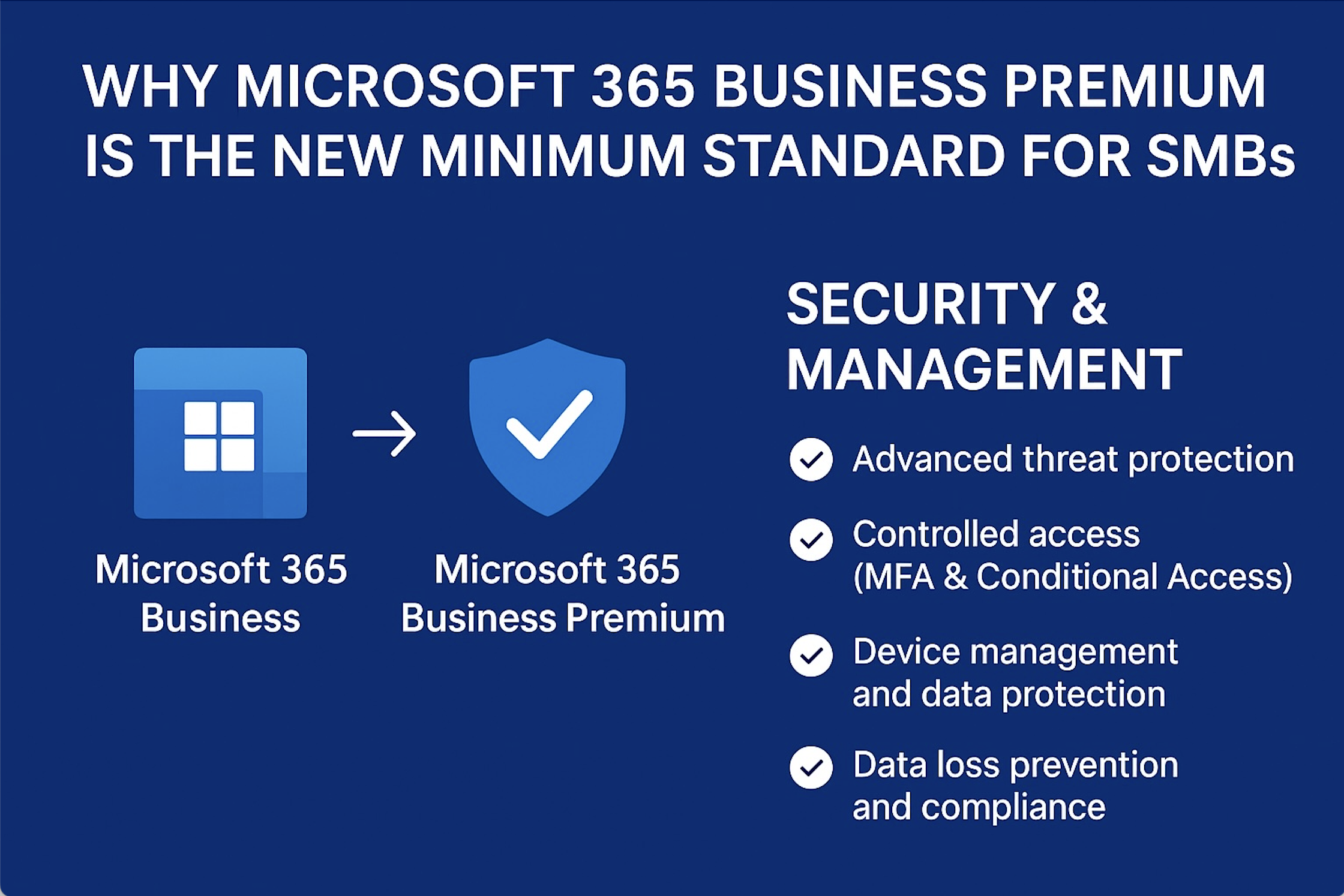Knowledge & News
7 simple steps to reduce the risk of data blackmail
Cyber criminals are cashing in and it’s big business.
Ransomware is a hot topic following the recent attack which caused massive upset to several major businesses and organisations such as the NHS.
Just like the common cold, Ransomware and Malware come in many strains - or ‘families’ as they are known in the IT industry.
Since the first outbreak in 2012, there have been more than 249 different families discovered.
The cyber criminals who released and caused the spread of the WannaCry ransomware variant across 150 countries have been reported to have been requiring £230 per computer to unlock and decrypt files so data could be used again.
However, they don’t just ask for this ransom to be sent to their bank account - they ask for this fee in digital currency or crypto currency such as BitCoin or Etherium.
Legitimate currencies like BitCoin have a hidden talent because it can be used anonymously, meaning money can be transferred all over the world without the usual banking paper trail.
Since the WannaCry outbreak there has been a new more competent strain released but this time it came from the Petya family, which should have you worried.

The Petya crypto-ransomware has extra built-in capabilities that allow it not only infect a machine but then it will look on your computer network to find other computers that it can infect before rebooting your system. When it restarts the computer it will not only encrypt your data files but encrypt part of your Windows system meaning it’s unusable, then it will display a message asking for a ransom.
These devastating pieces of software are usually spread via email containing a link which the user will need to click thus infecting the computer.
Thankfully, there is good news – you can protect yourself against these ransomware families.
In our experience, the best way to do this is by adhering to these 7steps:
- Only use reputable security software.
- Keep your systems and software patched with the latest security updates.
- Make sure your security updates are automatically installed - depending on system type.
- Educate your staff on the dangers of clicking on links in emails.
- Have a good firewall in place that can filter traffic passing through it to detect threats.
- Maintain a backup of your data – automatically and without the need for human interaction.
- Periodically test that backups work – to give you peace of mind.
For more advice about ransomware or IT security, please call 0330 120 0606 – and arrange a free IT systems review.
-
 01.12.2025
01.12.2025
Veeam Immutable Backups with HPE Apollo & Alletra Storage | Wemtech Managed Services
-
 10.11.2025
10.11.2025
Layered Security: Microsoft Defender + Huntress for SMBs
-
 10.11.2025
10.11.2025
Why Microsoft 365 Business Premium Is the New Minimum Standard for SMBs
-
 03.03.2025
03.03.2025
How We’ve Sustained Long-Term Customer Relationships at Wemtech
Get in Touch


